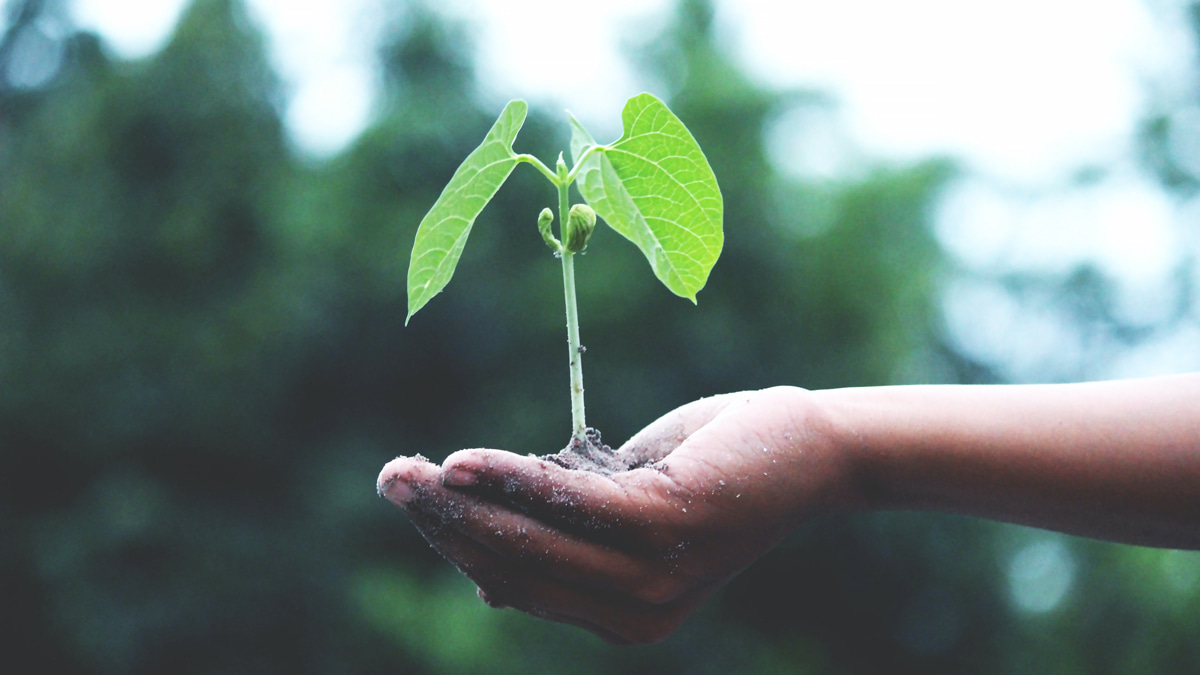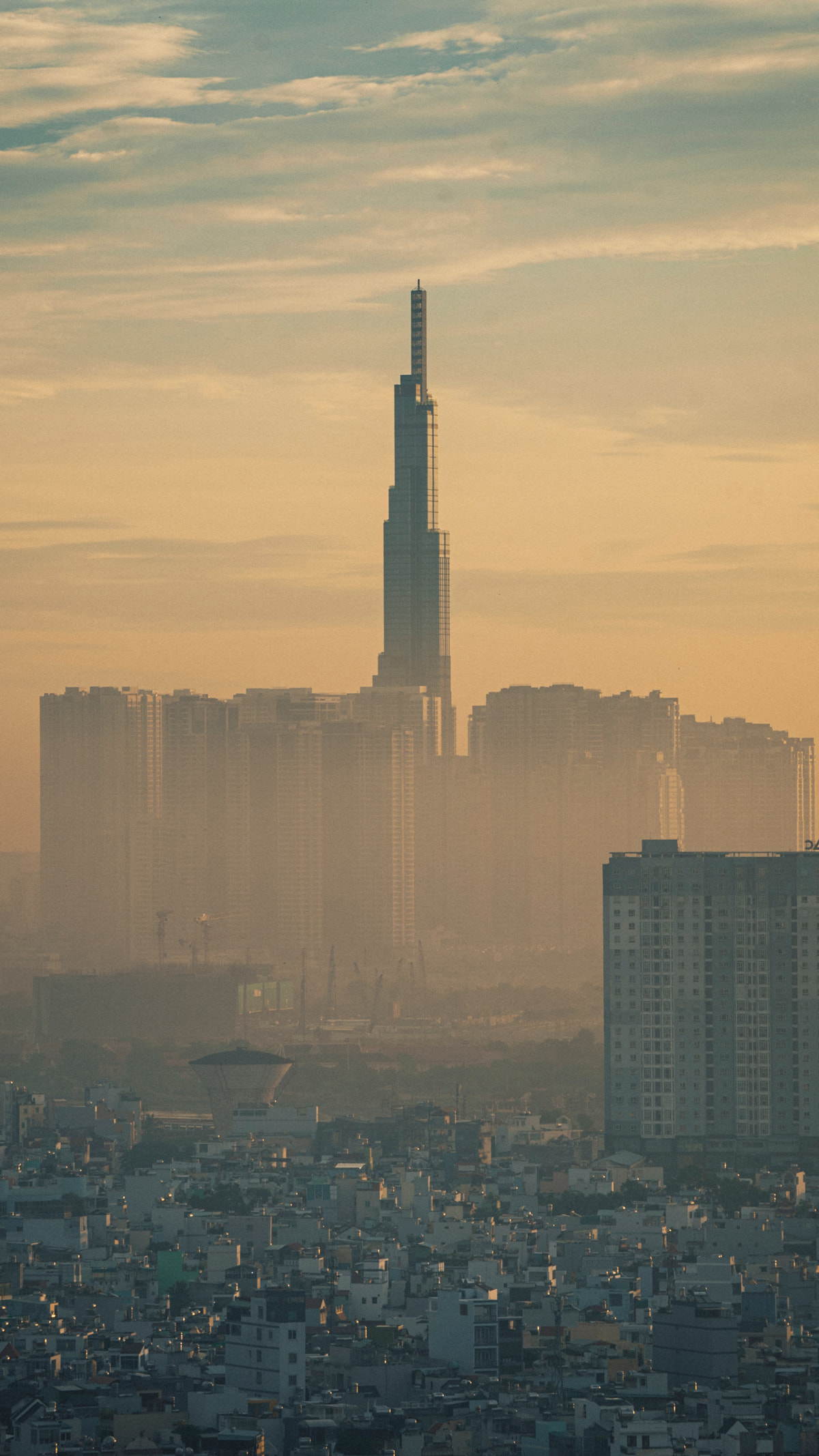A poll on global warming organized by Oxford University and the United Nations solicited answers from a group that’s hard to reach: the youth. The survey, which used pop-up questionnaires on online games like Angry Birds, has recorded responses from more than 1.2 million people in 50 countries, the largest survey ever on climate change.
Here’s what came out: nearly 70% of the youth, who are under 18 and are not even not allowed to vote yet, believe that climate change is a global emergency.
The fight against climate change has gained momentum among the young after now-18-year-old climate activist Greta Thunberg spoke at the 2018 United Nations Climate Change Conference and fearlessly challenged world leaders to take action against the deteriorating environment.
The result of the poll, released on Wednesday, showed that Thunberg’s generation are more conscious of the harm of climate change than the older generations.
“This provides an unprecedented, comprehensive view of not only if people believe there is a climate crisis but also how they want to solve it, what are their priorities to get us out of this mess,” UNDP’s Cassie Flynn said.
“The voice of the people is clear – they want action on climate change.”

Vietnam’s own fight against climate change
Vietnam has always been at the forefront of climate change impacts. Due to the high percentage of work taking place in outdoor and labor-intensive sectors, the country faces more frequent and dangerous conditions of heatwaves and typhoons.
Vietnam already suffered 226 extreme events, a death toll of 285 and losses of more than $2 billion per year between 1999 and 2018, according to the Global Climate Risk Index published by Germanwatch.
During the 2021 Climate Adaptation Summit hosted online on Monday, Prime Minister Nguyen Xuan Phuc said that the country would need $35 billion to meet climate adaptation demands.
Vietnam already started restricting its economy toward a low-carbon model and reduced greenhouse emissions. It has also stepped up disaster risk reduction, mitigated climate-related damage and invested in human resources, scientific research and development of advanced technologies aimed at bolstering a more sustainability-centered economic and social progress.
Phuc pledged to strengthen the resilience and adaptation of communities, economic stakeholders and the ecosystem to slow down global warming and reduce the severity of its effects on Vietnam.

Are young Vietnamese aware of the climate crisis?
At the 2020 International Youth Day celebration in August, young Vietnamese activists called for proactive and sustainable measures to lessen pollution, and an increase in meaningful youth participation in the fight against global warming.
“Climate change threatens our lives, our families and our future. We will not sit back and watch. We are prepared to give all we have as long as there is the possibility of saving our planet,” youth representative Nguyen Quynh Duyen.
Albeit leading an organization with a different social cause, 18-year-old Jessiny Ly firmly believes that her generation is more included to talk and think about the methods of preserving the environment, than the generations before them. With social trends like bringing your own bottle to coffee or boba shops to avoid using plastic cups or using bamboo or metal straws instead of plastic ones now gaining ground among the youth, people are becoming more aware of the little steps they can take to lessen their environmental footprint.
“I think the most effective way to preserve Vietnam’s natural splendors is to respect the rules around preserving them. If they tell you to not litter, don’t. If you see people destroy/litter, tell them and report them. To me, climate change and environmental problems have been corporates' problems rather than individual’s problems, but if we can work together as a whole, respecting the environment by cutting down our plastic use and littering, then we’ll help our world’s ecosystem be better.”
UNESCO representative in Vietnam Michael Croft said last year that today’s young people in Vietnam have a unique stake in the dialogue on climate change.
“Young people have to be involved in every single step to ensure that the process incorporates youth considerations and innovations to protect future generations.”
The youth has also made use of the power of social networks, creating #nostrawschallenge, #trashtag and #ChallengeforChange campaigns that turned out successful and effective. With the capacity of social media platforms to reach more audiences, Gen Z especially, movements like these – which involves people posting on Facebook, Instagram or Twitter and thus getting their efforts recognized and validated – have resulted in more visible, impactful changes.
Whether these movements are just social trends that can die down anytime or something that could actually grow into larger, more widespread and fate-altering actions, it all depends on the owners of the future: today’s youth.



